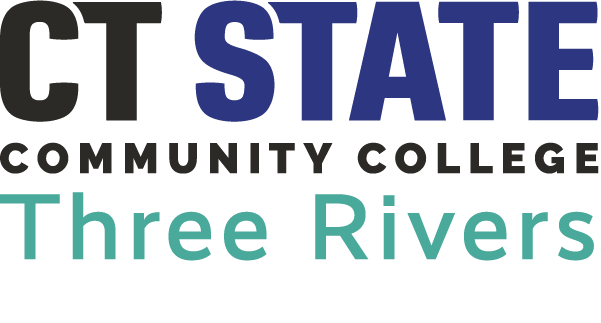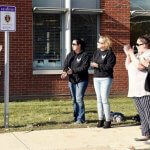In the News | For first-ever poet laureate, Hartford taps resident and Norwich Community College professor
After graduating from Eastern Connecticut State in 1999, Knowles began reading poems from a notebook at Signatures Cafe, a Hartford spot for spoken-word poetry. By 2004, his interest in poetry had grown to encompass written verse as well, and after earning his master’s at Southern Connecticut State, Knowles joined the faculty at Three Rivers. He lives in Parkville today.
As Hartford’s poet laureate, Knowles will act as both “a creator of poetry providing insight into our city,” Richard Hollant, Hartford’s commissioner on cultural affairs, wrote in a letter to the council, “and as an advocate and connector for poetry throughout our neighborhoods.” The position is unpaid. The commission voted unanimously to nominate Knowles.
Knowles has published a book of poems about his Norwich upbringing, coached a Hartford-area slam poetry team, and taught a creative writing program at the Hartford Boys and Girls Club, according to a letter he submitted to the cultural commission.
In an interview, Knowles said he intends to stoke interest in poetry by visiting Hartford schools and the public library system. Spoken-word poetry is seeing a “resurgence,” he said, one he expects will segue into interest in written verse, “and my role is to be the bridge between the two.”
While intrigued by the intersection hip hop strikes between poetry and music, young people tend to dismiss written verse, saying, “it’s boring, it’s Shakespearean, it’s intimidating,” Knowles admits. He hopes to do away with its archaic reputation by stressing that poetry can set the tenor of the day — its anxieties, joys and sadness — into words, rhymed words.
“It’s the arts that record — through painting, through sculpture, through music, through dance — the social ills and justices and errors of the time,” he said.
Jim Finnegan, president of the Friends and Enemies of Wallace Stevens and former poet laureate of West Hartford, said Hartford’s appointment of a poet laureate was timely, given “a pent-up demand for people to speak their mind, given what’s going on nationally.”
“There’s an argument for a distinction between the aesthetic and the political,” he added, “but if you find a venue, people will come forward and express what they’re thinking.”
It was in Hartford that Stevens, a sedate insurance executive by day, wrote the lush, nearly inscrutable verse that won him a Pulitzer in 1955, much of it composed, as legend goes, along the two-mile walk from his West End home to the Hartford Accident and Indemnity Company.
Today, 13 knee-high stones mark his walk to work, each inscribed with a verse of Stevens’ poem “Thirteen Ways of Looking at a Blackbird.” His home, at 118 Westerly Terrace, was purchased in 2014 for $430,000 by a Jackson Labs researcher and Connecticut Children’s Medical Center doctor. Admirers of Stevens had briefly pushed for his home to be converted into a museum, but the funding never materialized.
“At the very beginning of time,” Finnegan said, “language came to the human race and it was our first art form. You don’t need a lot of materials, you don’t need a lot of resources, to make poetry happen.”
— By Matthew Ormseth, Hartford Courant staff writer
The original article can be found here: For first-ever poet laureate, Hartford taps resident and Norwich Community College professor


